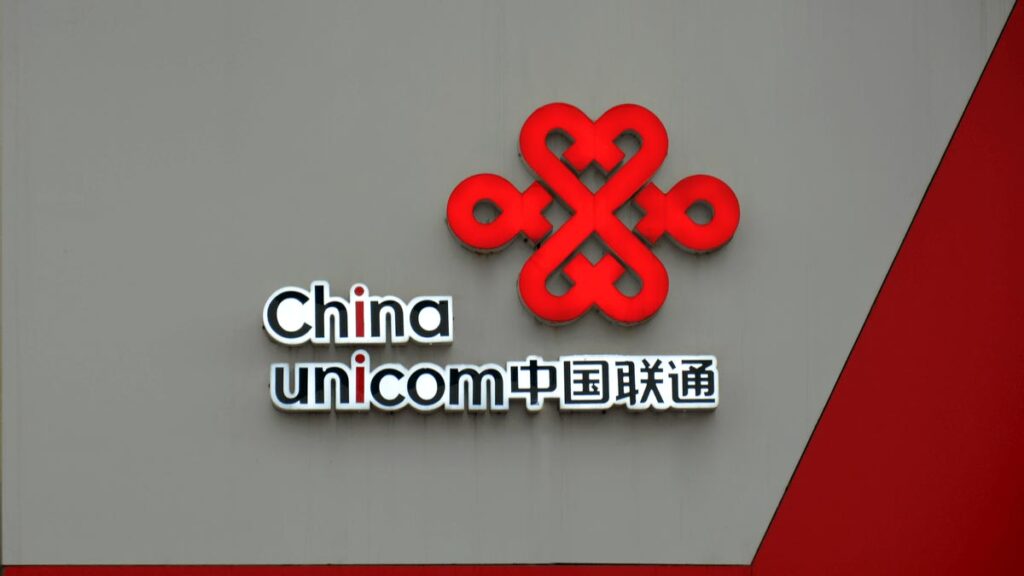China Unicom partners with ZTE to introduce PoC of computing power network

The two companies ZTE Corporation and China Unicom completed Proof of Concept (PoC) of computing power network service scheduling.
In a statement by ZTE, a major international provider of telecommunications, enterprise, and consumer technology solutions for the mobile internet, said that this PoC, based on the SDN+SRv6 Policy framework, achieves flexible scheduling of value-added services across multiple resource pools and completes integrated scheduling of computing power network.
“Thus, it provides a basis for further exploration into the application of computing power network and lays a foundation for future commercial deployments of the computing power network,” the release added.
Also, the computing power network is a new focus of the development of the digital economy and intelligent society. It employs combined scheduling of computing, storage, and network resources and optimizes resource utilization and user experiences by introducing new frameworks and technologies.
Therefore, one of the most important strategies of operators is accelerating the development of computing power networks.
It is worth mentioning that China Unicom suggested the concept of “computing power network brings new value” for the first time at the Network 5.0 Summit in June 2019. Taking the transport network based on computing and cloud integration as the basic architecture of CUBE-Net 3.0, the telco proposed the “ultimate, elastic, intelligent and simplified” computing power network and designed to create it as the first computing power “engine” of the digital economy.
ZTE and China Unicom have been promoting cooperation on computing power networks, actively exploring cutting-edge technologies and innovations, as well as working on different deployment scenarios of computing power network in order to get a strong network.
They identified the industrial standards of the computing power identification system and led the researches in computing power network DevOps.
The two companies identified instantiated scenarios, selected value-added service types, designed service flows, and selected overlapped service types to complete end-to-end service demonstration and acceptance.
Later, ZTE will make more progress in collaboration with China Unicom and will continue to promote the evolution of networks from basic connections to computing power network integration.
In addition, ZTE will help China Unicom achieve a new computing power network with advanced architecture and high security to deliver high-quality services.
